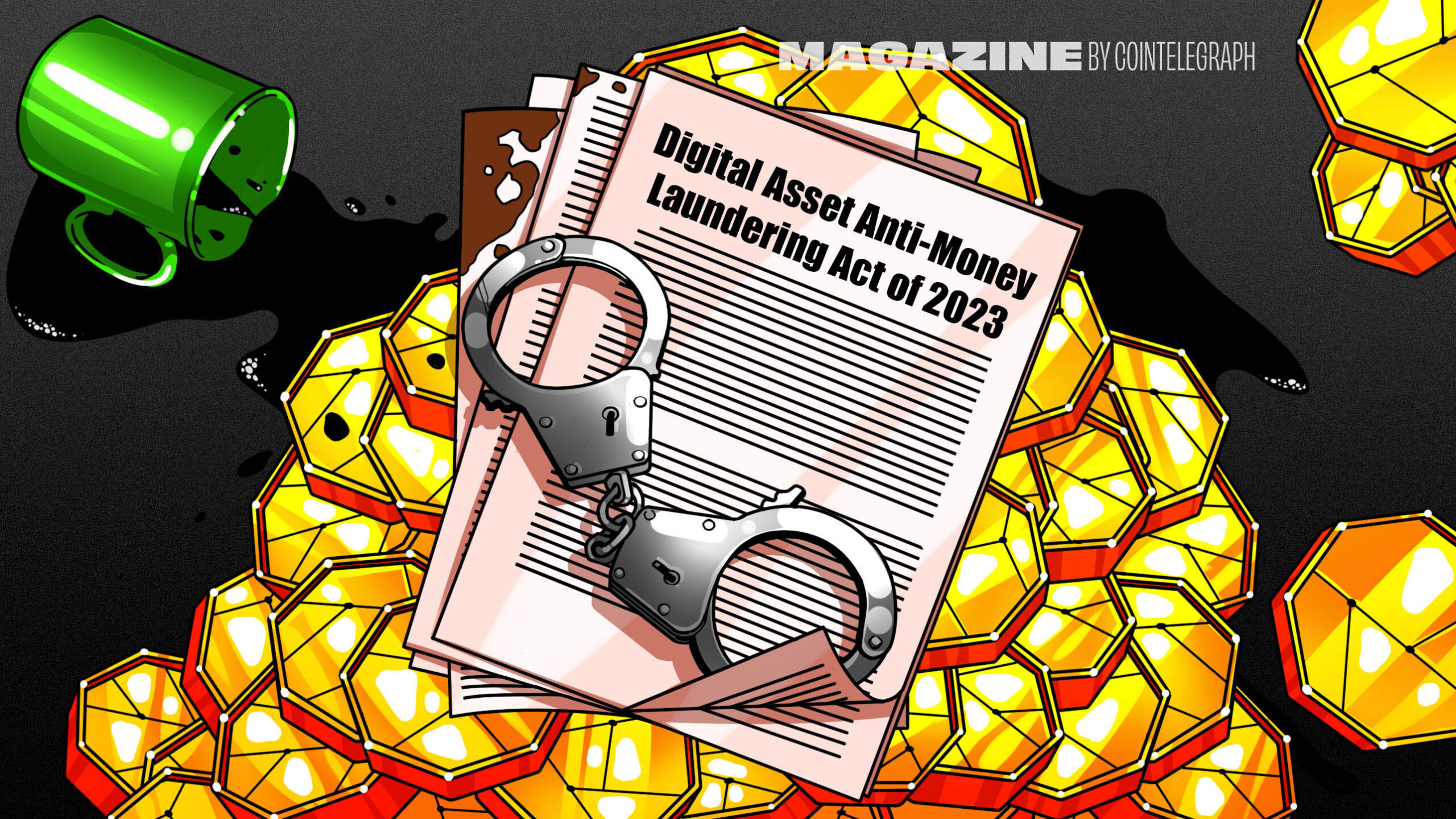Real bipartisan legislative efforts are rare in Washington, DC, these days, but Democratic Senators Elizabeth Warren and Joe Manchin and
Real bipartisan legislative efforts are rare in Washington, DC, these days, but Democratic Senators Elizabeth Warren and Joe Manchin and Republican Senators Lindsey Graham and Roger Marshall have managed to come together to co-sponsor a bill focused on crypto crime.
According to the senators, the Digital Asset Anti-Money Laundering Act of 2023 aims to close loopholes in the nation’s Anti-Money Laundering rules. The bill would amend the Bank Secrecy Act and would designate a diverse range of digital asset providers as financial institutions.
The Bank Secrecy Act establishes program, recordkeeping and reporting requirements for national banks, federal savings associations, federal branches and agencies of foreign banks. Digital asset providers would be required to adhere to many of the same regulations as traditional banks.
Warren introduced the legislation to the United States Senate on July 27, 2023, on behalf of herself and Senators Joe Manchin, Roger Marshall and Lindsey Graham. The bill was then referred to the Senate Committee on Banking, Housing and Urban Affairs. It hasn’t been voted on by the entire Senate or sent to the U.S. House of Representatives for consideration. Nor has President Biden signed it, and it is not a matter of law at this time.
The same rules should apply to the same kinds of financial transactions with the same kinds of risks. So my new, bipartisan Digital Asset Anti-Money Laundering Act will make the crypto industry follow the same anti-money-laundering standards as banks, brokers, & Western Union.
— Elizabeth Warren (@ewarren) December 29, 2022
The legislation would add several types of cryptocurrency providers to U.S. regulators’ list of financial institutions. These include unhosted wallet providers, digital asset miners and validators or other nodes that validate third-party transactions, miner extractable value searchers, other validators or network participants with control over network protocols, or just about anyone else who facilitates or provides services related to exchange, sale, custody or lending of digital assets.
All these organizations and individuals would be subject to the same regulations currently applied to financial institutions in the United States. The bill does include exceptions for those who use distributed ledger, blockchain technology or similar technologies for internal business purposes.
Crypto under federal review
If the bill becomes law, within 18 months of its enactment, the U.S. Treasury’s Financial Crimes Enforcement Network would announce that any U.S. person with $10,000 in digital assets or one or more digital assets overseas would have to file a report. Within the same timeframe, the U.S. Treasury would establish controls to mitigate unlawful financial risks associated with digital asset mixers and anonymity-enhanced cryptocurrency.


Within two years of the bill’s enactment, the Treasury, in consultation with the Conference of State Bank Supervisors, will create a risk-focused examination and review process for those digital asset participants newly designated as financial institutions. They would determine if efforts to stop money laundering and to counter crypto-funded terrorism are adequate and if crypto providers and facilitators are compliant with the new rules. Subsequently, within the same time frame, the Securities and Exchange Commission and the Commodity Futures Trading Commission will consult with the Treasury on exactly the same matters.
What about my favorite BTC kiosk?
The next part of the bill is focused on digital asset kiosks. Within 18 months of the bill’s passage, FinCEN will require digital asset kiosk (ATM) owners and administrators to submit and update the physical address of their kiosks every 90 days. The kiosk owners will also need to verify the identity of each customer using a valid form of government-issued identification, and they will have to collect the name and physical address of each counterparty to each transaction.
Within 180 days, FinCEN will issue a report about any digital asset kiosks that haven’t been registered. The report would include an estimate of the number of unregistered kiosks, their locations and an assessment of additional resources that FinCEN might need to be able to investigate them.
Within a year of the enactment of the legislation, the U.S. Drug Enforcement Agency would issue a report identifying recommendations to reduce drug trafficking and money laundering associated with digital asset kiosks.


Crypto industry impact
Grant Fondo, co-chair of Goodwin’s digital currency and blockchain practice and a former Assistant U.S. attorney, tells Magazine that “the bill is an attempt to pull more players in the digital asset…
cointelegraph.com

COMMENTS